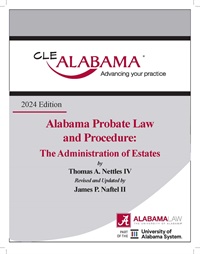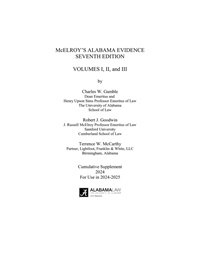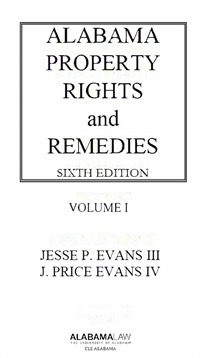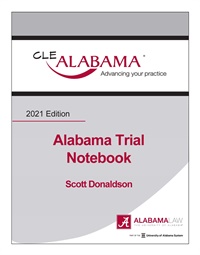Construction Contracts: Drafting Issues, Spotting Red Flags and Allocating Risk, Part 1
Total Credits: 1 including 1 Alabama CLE Credit
- Average Rating:
- Not yet rated
- Categories:
- Real Estate
- Faculty:
- John Miller
- Original Program Date:
- Apr 24, 2025
- License:
- Never Expires.
Description
Construction contracts are among the most difficult agreements to draft or review and negotiate. At every stage, building is fraught with substantial risk – timely regulatory approvals, cost containment and price certainty, financing contingencies, building deadlines, and a host of other risks. If these risks materialize, as is common, the bargained for exchange among the parties and their expectations are radically unsettled. Construction contracts are a careful allocation of risks, a compromise between flexibility and price/cost certainty, and establish procedures for resolving disputes short of costly litigation. This program will provide you with a practical guide to drafting the most important provisions of construction contracts.
Schedule:
- Reviewing and drafting essential provisions of construction contracts
- Use and common mistakes in using AIA contacts in negotiations with builders
- Defining the scope of a project and planning for modifications
- How fees and costs are structured – and allocating risk of modification
- Tying performance standards and timelines to payments
Handouts
| Handout 1 (453.8 KB) | 21 Pages | Available after Purchase |
Faculty
John Miller Related Seminars and Products
John R. Miller, PLLC
John Miller is the principal of John R. Miller, PLLC in the Charlotte, North Carolina and was for 39 years a partner with Robinson, Bradshaw & Hinson, P.A. His practice encompasses corporate and securities law, mergers and acquisitions, banking and finance, and construction law. He was selected by his peers for inclusion in "The Best Lawyers in America" and for inclusion in Business North Carolina Magazine's "Legal Elite" as one of the top business lawyers in North Carolina. He received his A.B. from Duke University and his J.D., with distinction, from Duke University School of Law.







